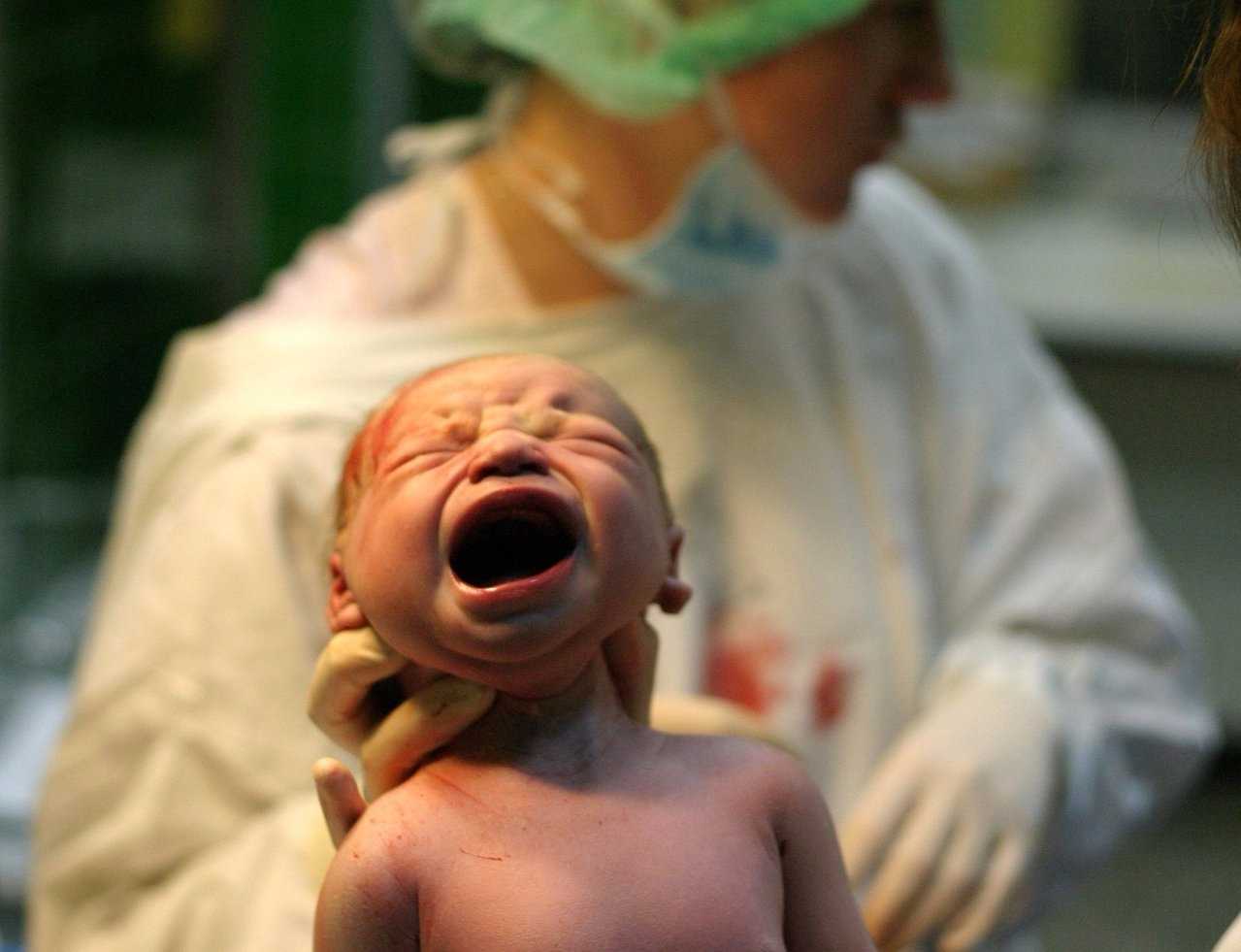
TOPEKA, Kansas — A divided state court of appeals has upheld a lower court ruling that placed a block on a Kansas law that banned dilation and evacuation abortions, which involve dismembering babies during their removal from the womb.
“[W]e discern a simple proposition: The rights of Kansas women in 2016 are not limited to those specifically intended by the men who drafted our state’s constitution in 1859,” the 7-7 decision outlined.
As previously reported, Republican Gov. Sam Brownback, a Roman Catholic, signed SB 95 into law in April 2015, banning what is termed as “dismemberment abortions.” The bill passed the Senate 31-9 last year and moved to the House where it likewise was approved 98-26.
The law prohibits “knowingly dismembering a living unborn child and extracting such unborn child one piece at a time from the uterus through the use of clamps, grasping forceps, tongs, scissors or similar instruments that, through the convergence of two rigid levers, slice, crush or grasp a portion of the unborn child’s body in order to cut or rip it off.”
The practice is common among second trimester abortions—as early as 14 weeks—as the child’s heart is stopped and then the body is extracted in pieces and arranged on a tray to ensure that all the parts have been removed from the mother.
“This is a horrific procedure,” Brownback spokesman Eileen Hawley told reporters. “He hopes the nation follows suit.”
While the bill prohibited the practice, it also noted that it does not apply to “an abortion which uses suction to dismember the body of the unborn child by sucking fetal parts into a collection container,” or vacuum aspiration abortions, which are commonly performed in the first trimester. It also provided exceptions for the life and physical health of the mother.
Last June, Shawnee County District Judge Larry Hendricks placed an injunction on the enforcement of the law while the constitutionality of the legislation is decided in full in court.
“The alternatives do not appear to be medically necessary or reasonable,” he said. “[P]atients’ fundamental right to terminate a pregnancy will be unduly burdened if SB 95 goes into effect.”
The state then filed an appeal, and on Friday, the Kansas Court of Appeals announced that it was was evenly split over the matter, but that according to the law, when the divided opinion is equal, the injunction stands.
The half that favored the injunction pointed to the U.S. Supreme Court’s ruling on same-sex “marriage,” stating that the courts seem to find “rights” in the law that aren’t expressly written in the Constitution.
“[N]either the United States Supreme Court nor the Kansas Supreme Court has limited its interpretation of broadly worded federal and state constitutional provisions only to what was initially intended.” the judges wrote. “Just last year, the United States Supreme Court once again quite clearly embraced this notion of constitutional interpretation in its Obergefell opinion, which determined that there was a right under the Due Process Clause to same-sex marriage.”
It used the example and others to conclude that Kansas must include the “right” to abortion.
But the other seven justices that favored the law said that they weren’t convinced that abortion has ever been considered a right, nor should it be.
“Simply put, there is nothing within the text or history of §§ 1 and 2 of the Kansas Constitution Bill of Rights to lead this court to conclude that these provisions were intended to guarantee a right to abortion,” they wrote. “Our state’s founders held sacred the basic concepts of life, liberty, and the pursuit of happiness, and they expressed those sentiments in that order in § 1 of our Bill of Rights.”
“Even if Kansas courts were to find substantive due process rights under § 1, as opposed to a mere expression of traditional beliefs, we would not find a substantive due process right to abortion,” they continued. “The subject of abortion places the pregnant woman’s liberty interest directly at odds with the unborn child’s right to life.”
The state, while banning dismemberment abortions, had presented other options to the court for ending the lives of the unborn.
“The state has offered three alternatives to the standard D & E procedure: labor-induced abortion, inducing fetal demise with digoxin injections, and inducing fetal demise by cutting the umbilical cord (also known as transection),” the appeals court outlined.
Become a Christian News Network Supporter...


